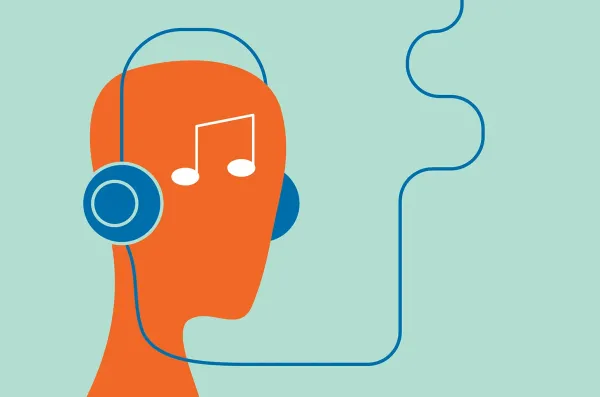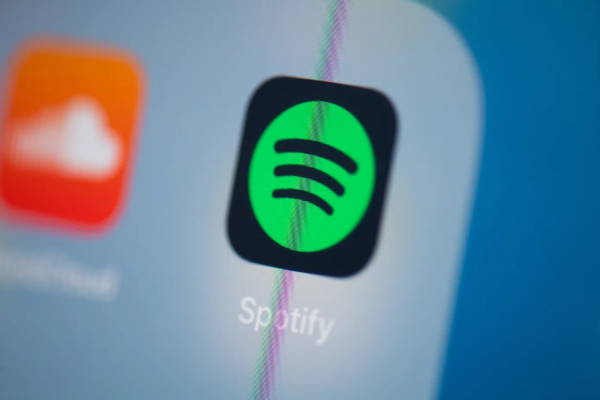Introduction
Spotify, the renowned music streaming service, is unveiling a novel product known as Confidence, specially tailored for software development teams. This innovative offering is grounded on their in-house experimentation platform and aims to simplify the process of conducting user tests. The primary objective of Confidence is to enable teams to efficiently set up, execute, synchronize, and analyze their own tests, thereby swiftly optimizing their ideas. Currently, the service is only accessible as a private beta.

In an official blog post, Spotify proudly states that their team of data scientists and engineers has dedicated substantial effort to develop and refine their product testing methodologies over the years. Whether it involves seamlessly coordinating simultaneous A/B tests or overseeing the deployment of an AI recommendation system across various platforms such as mobile, desktop, and web, Spotify’s platform effortlessly scales experimentation best practices and capabilities to cater to all their teams.
The company is now eager to extend this experimentation platform to any interested organization, enabling them to build, test, and iterate ideas swiftly, reliably, and with confidence, similar to the way Spotify operates.
From Manual Trials to ABBA: Spotify’s A/B Testing Evolution
Confidence has been meticulously designed to be of great assistance to software development teams that have outgrown their existing testing platforms or those looking for an expeditious and straightforward entry into A/B testing.
Spotify‘s foray into experimentation began in the early 2010s when a handful of data scientists and engineers initiated small-scale A/B tests internally. While these initial tests were conducted manually and prone to errors, Spotify soon realized the significance of experimentation and sought to improve upon it. Consequently, they took the plunge and developed their own rudimentary A/B testing platform, which they christened ABBA.

This platform boasted features such as flagging and analysis for a standardized set of metrics. As a result, it triggered a wave of experimentation across the organization, propelling them from running fewer than 20 priority experiments annually to conducting hundreds of experiments each year across multiple squads.
Confidence will be accessible to customers in three distinctive ways. Firstly, it can be operated as a managed service, offering access to the experimentation platform as a standalone web service managed by Spotify. Secondly, it can be employed as a Backstage plugin. And finally, customers have the option to integrate the Confidence platform into their own infrastructure using APIs.
Conclusion
The fact that Spotify is now making its experimentation platform public is an intriguing move for a company that is primarily perceived as a consumer-oriented service.
For software development teams eager to leverage this exciting new tool, sign-ups are open for the waitlist, granting them the chance to receive an invite to Confidence. However, the exact date of when Confidence will be made widely available has not been disclosed by Spotify yet.
Related Posts





